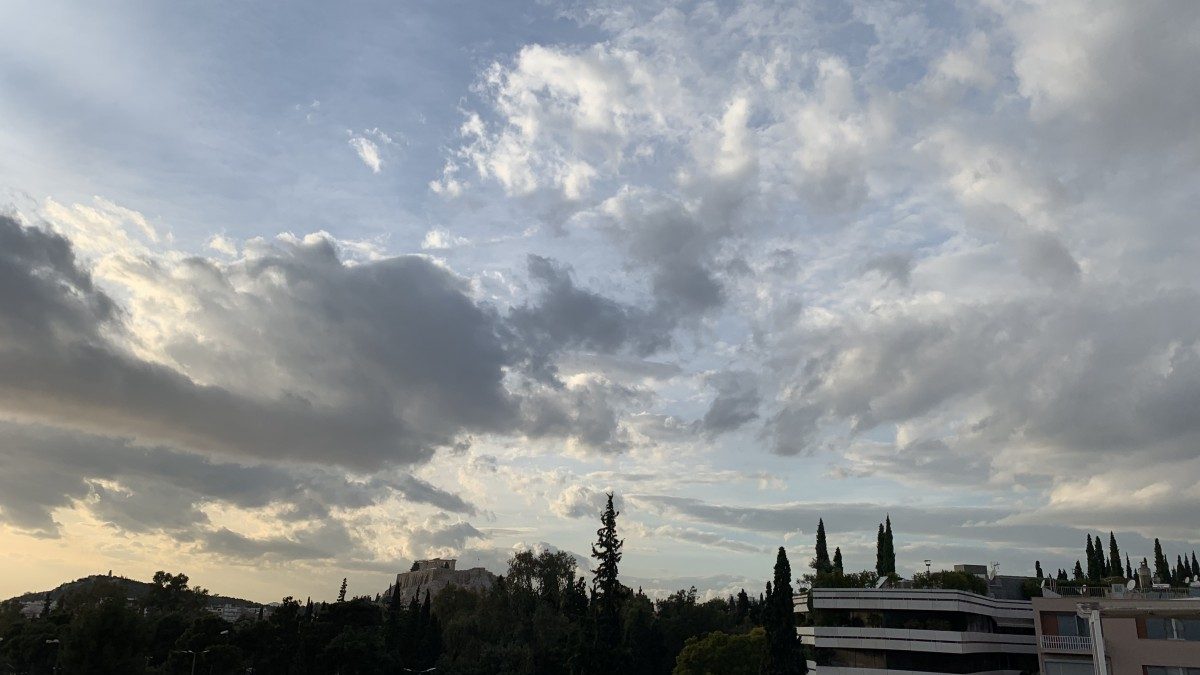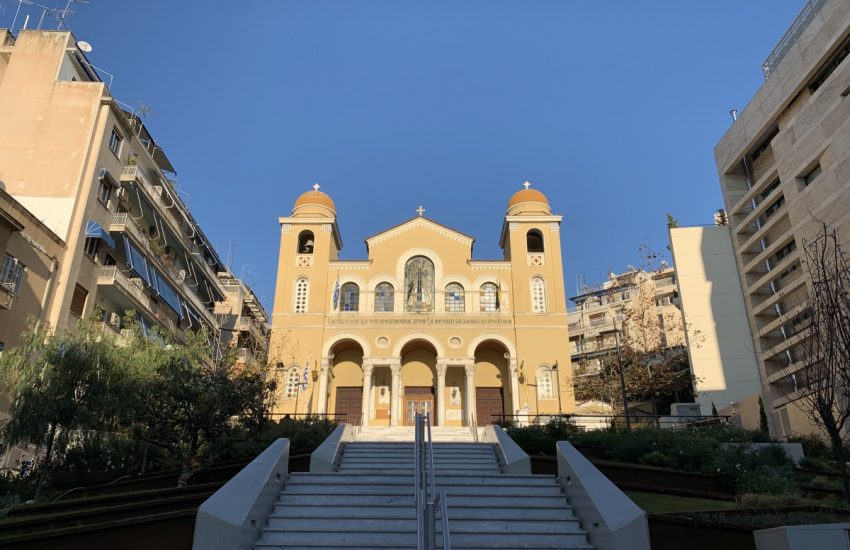by Jill Robins | College Year in Athens, Spring 2020
At the start of my junior year, I knew I wanted to study abroad in the spring but found myself struggling to decide on a country. For context, I’m an International Studies and Arabic double-major primarily focused on the Middle East. I had already spent a summer abroad in Morocco and felt torn between wanting to ensure I traveled somewhere relevant to my academic interests and wanting to travel somewhere entirely new. Everything clicked when a friend of mine mentioned in passing that Emory offers a program in Greece.

When I landed in Athens, I was enrolled in two courses in particular that excited me. An Arc of Crisis in Europe’s South and Immigrants, Citizenship, and Nationalism in Europe. The former was taught by an advisor to the Greek Prime Minister, a near expert on Eastern Mediterranean affairs. The latter was taught by a well-respected professor, himself an immigrant, with a long career in migration studies. My goal was to tailor my CYA coursework to my academic interests by delving into the refugee crisis in Greece during Syria’s civil war. Being witness to both the native Greek perspective and the refugee perspective heightened my learning experience more than I could have imagined.
An Arc of Crisis in Europe’s South quickly became my favorite course of the semester. The curriculum essentially brought us on a tour of the Eastern Mediterranean, dialing into different conflicts and actors throughout the Levant and Balkans. Being a discussion-based class with frequent short presentations, I felt like I was really coming into my own being able to speak confidently about complex conflicts. When we turned to Zoom classes upon returning home early, my professors were able to seamlessly balance the same engaging material with genuine care for our well-being.
I was told by a CYA alum to really make the effort to connect with my CYA professors; they are at the top of their fields and want to support their students. She was absolutely correct. Even after the conclusion of my semester, I am still in touch with two of my professors. I left Greece not only with a much deeper understanding of Greece’s refugee crisis but also with a support network of faculty that extends well beyond just one semester.
Sunset from the balcony of CYA’s academic building.
